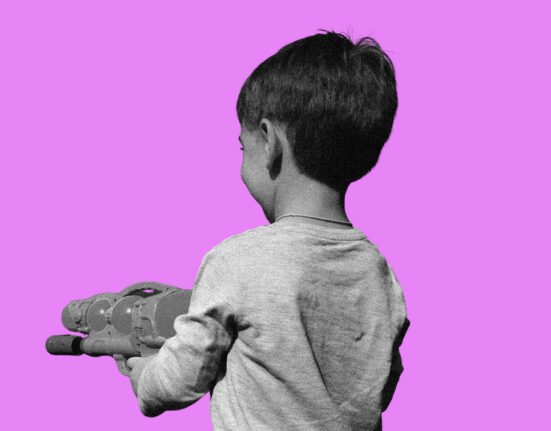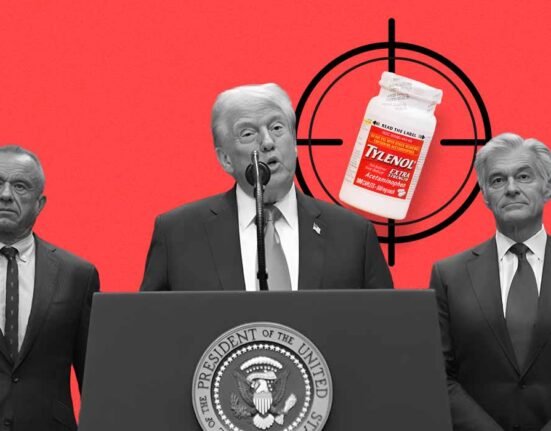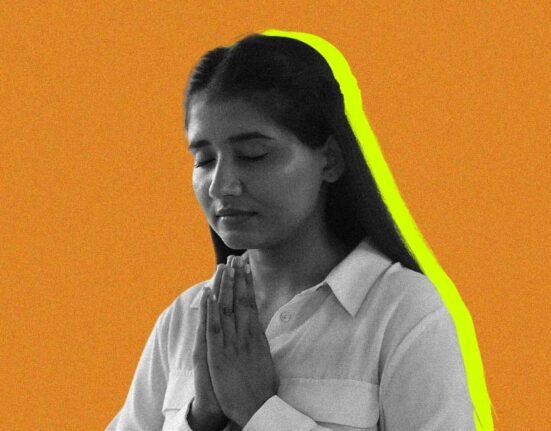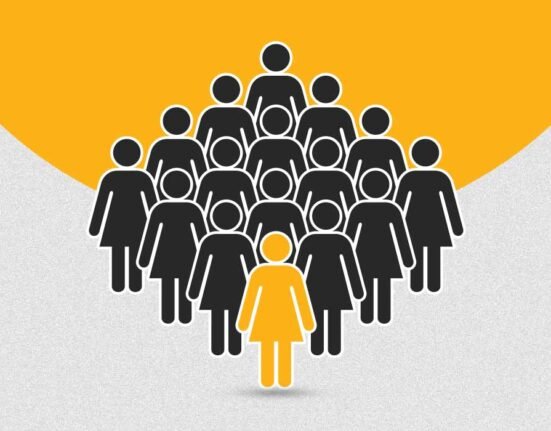Mental health is a worldwide concern. In a country like India, where mental health is not valued as much as physical health is, the need for awareness increases to foster the growth of a larger population. There can be no true physical health without mental health, according to Dr. Brock Chisholm, the first director general of the World Health Organisation in 1954. Most individuals don’t realise the relevance of the sentence. Society values a person if he/she is detected with a physical disease, but labels a person with a tag if they are facing a mental condition or disorder.
Therefore, mental health education is a potential approach to improve understanding and knowledge and reduce stigma around mental health. Students will be able to learn about and comprehend the problems associated with mental illness by receiving mental health education and training. The schools should incorporate training and education into their curriculum because the larger society is responsible for such a lenient attitude towards mental health. Like students study other subjects in their schools, a basic introduction to our mind, behaviour, and mental health in today’s scenario is necessary to be added for the better future of the youth.
This awareness has to be consciously planned for the lower socioeconomic strata of society, who are more vulnerable to developing mental health issues because of their past experiences and current situations. Out of the 28 functional categories highlighted by the Rural Healthy People 2010 study, mental health and mental disorders were ranked as the fourth most important rural health problem. Suicide, a common sign of mental illness, appears to be more common in rural locations, especially among adult males and children. Additionally, depressed adults in rural locations try to take their own lives at a higher rate than those in metropolitan areas.
Read More: Suicide Awareness: Unveiling the Truth
A study done by Lee et al.(2023) showed that attitudes and knowledge about mental health had an impact on mental health awareness. It also showed that media exposure and familiarity were significant predictors of attitudes towards mental health, professional help , and mental health knowledge.
In the current digital era, most children are actively using social media. It is essential to purposefully plan awareness campaigns that utilise these platforms in order to reach and educate the youth. Many individuals or organisations (like Genzee Therapist, Knight of Steel) have short, engaging, and instructive posts about mental health on their Instagram pages. With this format, kids can pick up and adapt to important concepts more quickly and effectively.
Since COVID-19, the significance and awareness of mental health have increased tremendously, where many members and loved ones died from COVID, which created an abnormal situation in my household, where people started developing symptoms of depression, while some developed obsessive-compulsive disorder and so on. This made people realise that it is not a fun joke to tease somebody for their mental condition. Raising awareness is critical in the Indian setting, where the word ‘depression’ is thrown around effortlessly.
Common sayings like ‘Mujhe toh depression ho gaya hai’ illustrate how this condition is reduced to a mere phrase, often used to describe simple annoyances. Proper education and increased awareness can help people appreciate such phrases and mental health issues with the seriousness and sensitivity they warrant.
Bollywood as an industry has been a primary factor in this change through some wonderful films such as Dear Zindagi and Taare Zameen Par. These movies, even if superficially, portray the battles individuals struggle with while trying to cope with mental health issues and how society tends to neglect and/or mistreat them. An additional significant event in increasing attention to mental health issues was when popular actress Deepika Padukone discussed her struggle with depression in a television interview. Her conversations helped shift the public’s perception towards mental health concerns, enabling them to start addressing their challenges.
Read More: 6 Celebrities Who Have Publically Spoken About Depression
Mental health awareness must not be a choice anymore, but a necessity. In a country such as India, stigma and misconceptions are alive and well. Let’s work together to combat stigma through education, representation through media, and transparent dialogue. Once we start to integrate mental health education in schools, use various digital platforms, and open up the field for discussion, we will educate and empower up-and-coming generations to be kinder and better informed. Change will happen when mental health is valued and treated with urgency and respect the same way physical health. Only then can we strive for a healthier and more resilient population.
References +
Srivastava, K., Chatterjee, K., & Bhat, P. (2016). Mental health awareness: The Indian scenario. Industrial Psychiatry Journal, 25(2), 131. https://doi.org/10.4103/ipj.ipj_45_17













Leave feedback about this